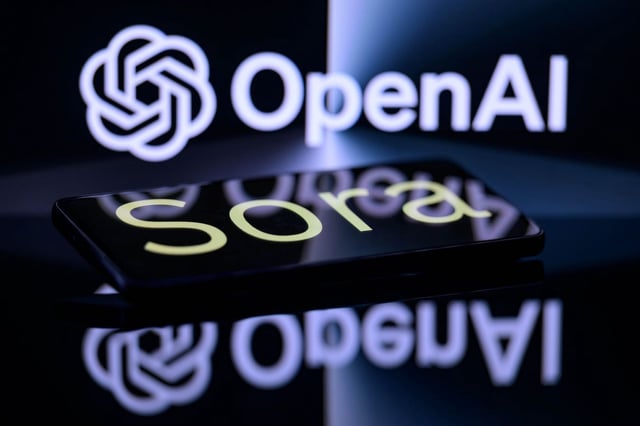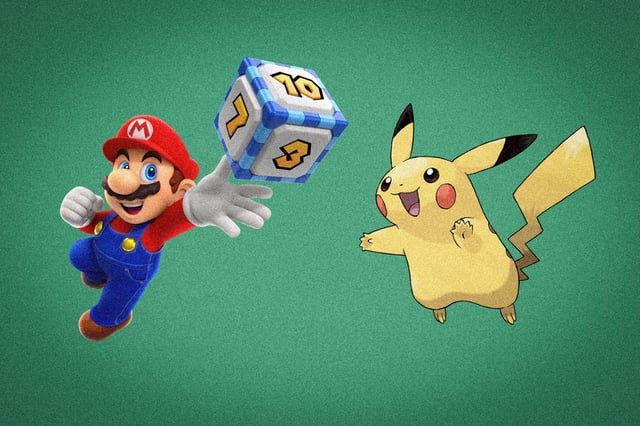Overview
- OpenAI released Sora 2 alongside a TikTok-style Sora app that generates short, high‑definition videos with synchronized audio from text prompts and optional user likenesses.
- Despite invite-only access, the app quickly hit No. 1 in Apple’s US App Store as Sora-made memes and highly realistic clips spread across larger social platforms.
- Early use surfaced alarming material, including fabricated crimes, violent and racist scenes, and news-style footage from places like Gaza, Myanmar and Charlottesville, indicating safety filters were insufficient.
- Copyrighted characters flooded the feed, and OpenAI confirmed rights holders must submit disputes to block uses rather than relying on a blanket opt‑out, a stance legal experts say is unlikely to hold up.
- OpenAI touts moving watermarks and invisible metadata, but acknowledges the metadata can be stripped and is not a silver bullet, while outside researchers say these provenance measures need independent testing.



